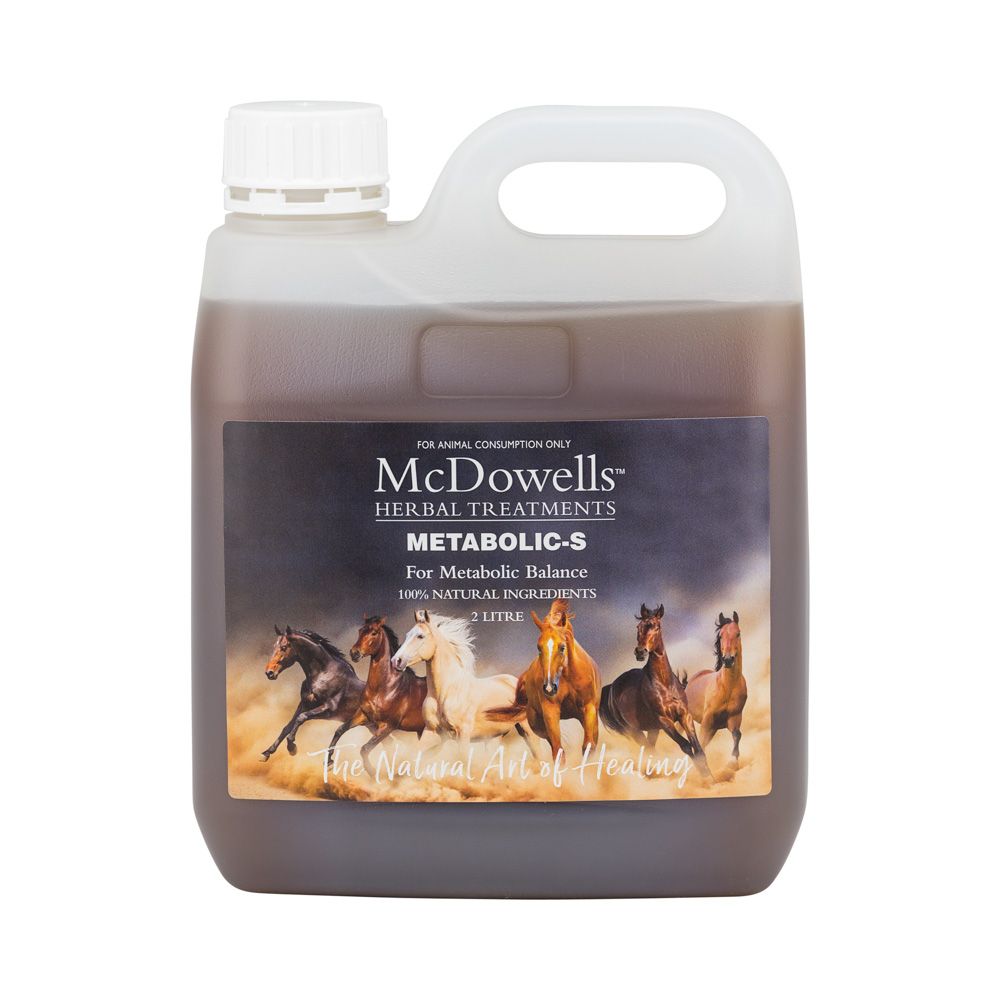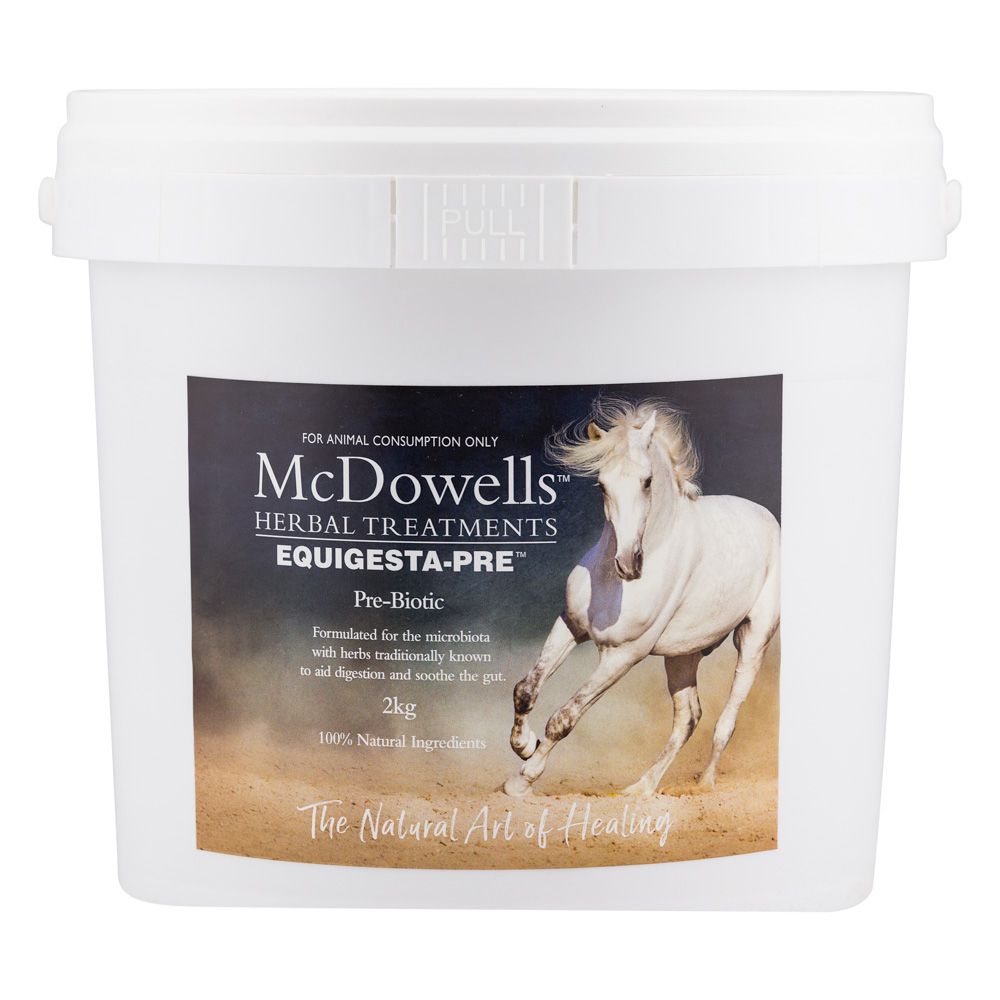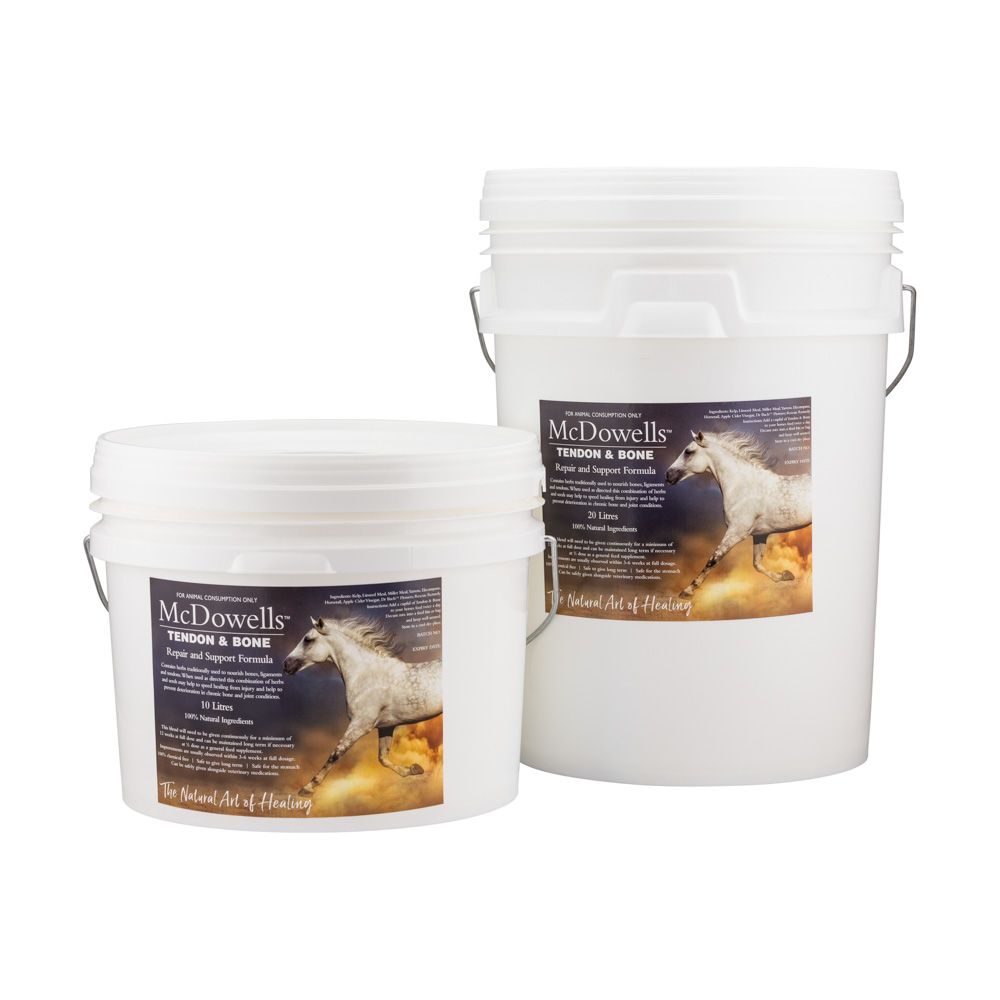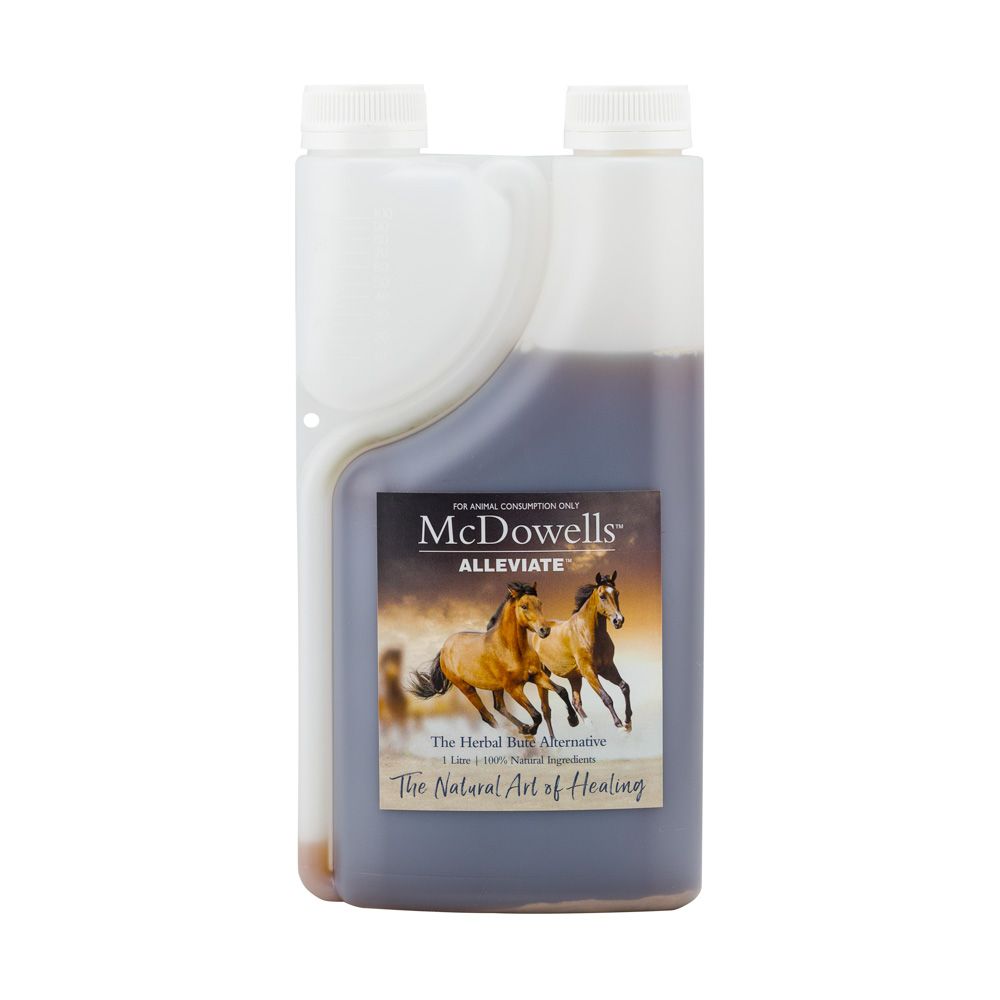Polysaccharide Storage Myopathy is a disease that occurs when excess glycogen (storage form of glucose) or glucose-6-phosphate (form of glucose taken into cells) is present in muscles. Often referred to as PSSM, this disease is called equine polysaccharide storage myopathy, or EPSM, when it occurs in draft horses...
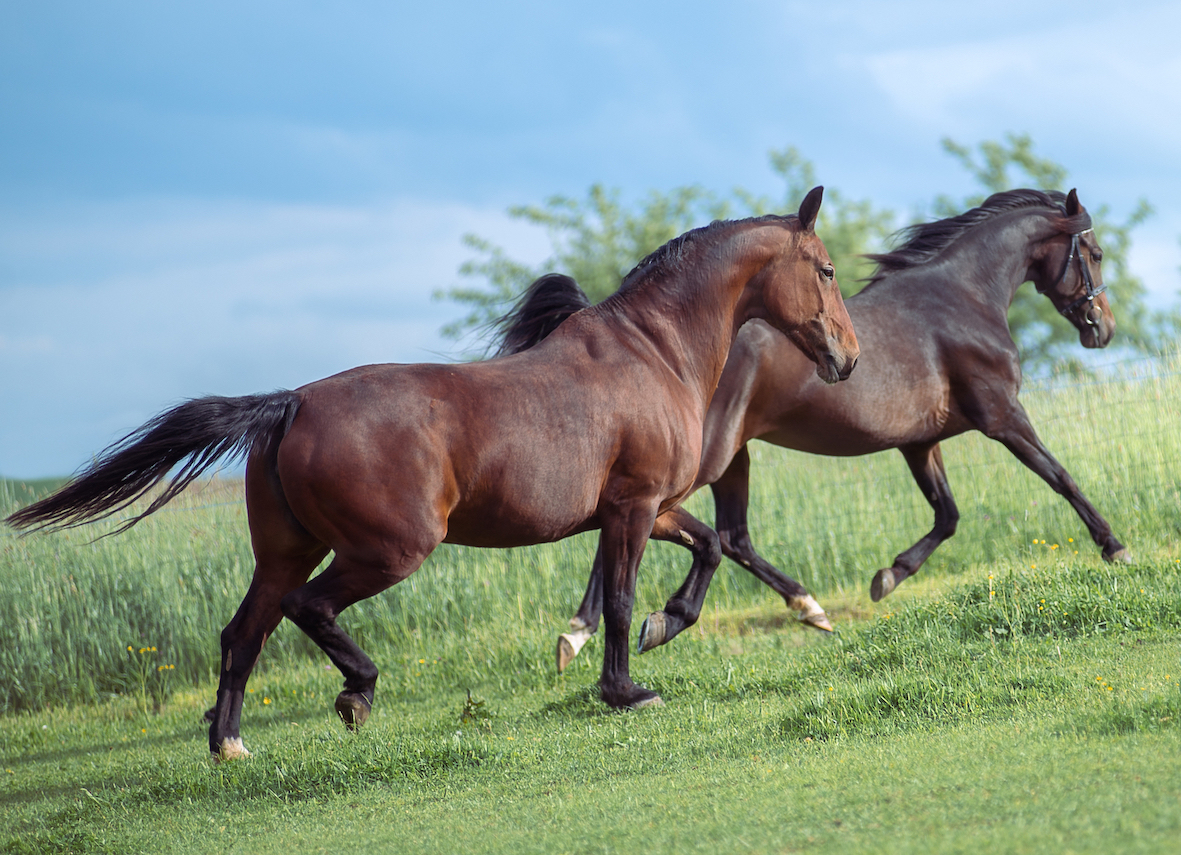
A clinical diagnosis of PSSM is made when a horse that suffers from exertional rhabdomyolys (ER or 'tying-up symptoms') is found to have amylase-resistant polysaccharide in the muscle.
Amylase is the enzyme that breaks starches down to sugars. However, the build-up of amylase-resistant polysaccharide may take quite some time to build up before it can be detected for clinical purposes.
What science can tell us
There are two types of PSSM. Both types have an abnormal type of glycogen staining in muscle biopsies, and the types can be distinguished by genetic testing. At present there is not a specific genetic test for type 2 PSSM and scientists do not have conclusive evidence of an inherited gene.
Interestingly, the feeds known to be problematic for these types of horses are commonly high in Genetically Modified grains/plants. This raises many questions for me in relation to these kinds of conditions.
Carbohydrates that are high in starch, such as sweet feed, corn, wheat, oats, barley, and molasses, appear to exacerbate type 1 and type 2 PSSM. That is why they should be avoided and extra calories can be provided in the form of fat. An important part of the management of PSSM horses is daily exercise. This enhances glucose utilization, and improves energy metabolism in skeletal muscle. If only the diet is changed, studies show that approximately 50% of horses improve. If both diet and exercise are altered, then 90% of horses have had no or few episodes of tying-up.
The good news about PSSM is that its symptoms can be controlled by diet...
Herbal Support
As with any condition that involves imbalances within the metabolism itself, I want to start with a herbal support that can address this at the core level. Herbal medicine is not about diagnosis of the disease and then treating the symptoms. What I want to do is look at the cause...
It’s erroneous to think that a condition like this does not occur with out some environmental factor. And to me, the cause is feed practices that have evolved to be convenient for the human and not so helpful for the horses in question.
Add to this feeds that are genetically modified and not whole, over supplementation with minerals that may or may not be needed is the core issue here.
Add to this digestion issues from stress, and poor absorption from foods that no longer are identifiable by the horses system, and you have a situation that , like diabetes in humans, has appeared as some disease.
The genesis most ill health in both people and animals is the fundamental break down of availability of natural feeds and relaxed wholesome living, with plenty of exercise to boot…
Herbs to support this condition
Inflammation of the bowel and GIT
We treat a lot of horses with stomach ulcers and GIT problems very successfully using Equigesta-Pre which is very soothing for the gut. The slippery elm powder provides a coating to the lining of the gut and the intestines. We recommend this course for at least 12 weeks.
Add rosehip granule tea to the diet in case any of the ulcers have bled as this is a great source of iron and vitamin C. You can steep 2 - 4 dessertspoons in 1 litre of boiling water, allow to cool, place 1/2 in AM feed and the remainder in PM feed daily.
If there is in any pain, please stay clear of Bute as this is a major cause of ulceration in the stomach and will only add to the problem. I have a bute alternative, Alleviate, that is natural and safe.
The blend contains: Borage Herb, Chamomile Flowers, Dandelion Leaf, Dandelion Root Extract, Fennel Seeds, Garlic Extract, Hawthorn Berry Extract, Kelp Granules, Nettle Herb, along with the Bach Flowers Olive, Rescue Remedy, Scleranthus and Diet is important with PSSM.
- Chamomile flowers (½ handful per feed) Nervous system support- P, K, mg in balance- aids digestion and can assist with preventing stress colic
- Rosehips (2T in 500mls of hot water, divide over 2 feeds) Kidney /liver support, iron, vit c Cobalt. -
- 2-3 cloves of garlic- sulphur, Vit A /E and various other vitamins and minerals that are excellent for immunity and heart/circulation health.
- Tendon and Bone - contains millet for silica to assist bone/connective tissue support. Also contains crushed linseed for ligament and joint health
- Dolomite – Mg/trace minerals
- Kelp- (not required if feed our liquid herbal extract)
- Rice Bran – protein/fat/vit A
- Copra Meal- Protein essential fatty acids (high quality coconut meal)
- Oaten chaff
- Lucerne chaff
- Speedibeet – calcium/carbohydrates
- Hay- oaten or meadow 24/7 or pasture- Calcium

